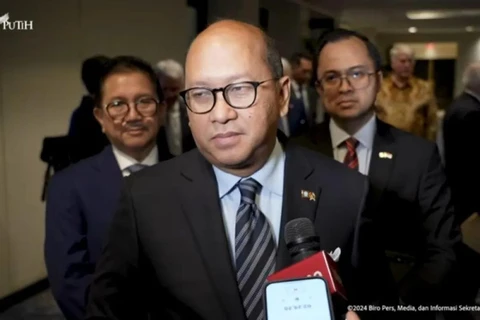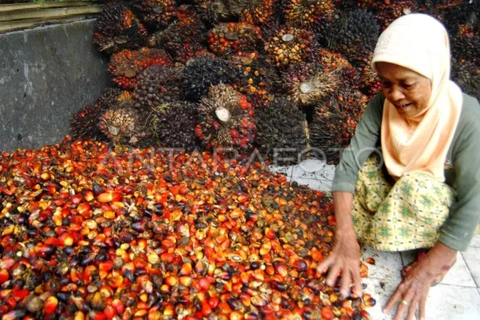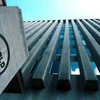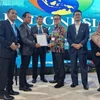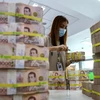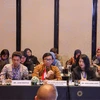
Jakarta (VNA) – The government of new Indonesian President Prabowo Subianto has emphasised that micro, small and medium-sized enterprises (MSMEs) will become one of the pillars of the national economy.
MSMEs are one of the national economic growth pillars, as Indonesia has 66 million MSMEs, accounting for 99% of the total business units in the country.
Prabowonomics - Prabowo's economic policy - targets economic growth of 8% and the elimination of poverty by focusing on investment, exports, and strategic sectors such as agriculture, manufacturing, and technology. The economic growth target is much higher than the 5% range achieved during former President Joko Widodo's era.
Thus, MSMEs will play a key role in job creation in Indonesia. This sector employs around 97% of the workforce in the country, making MSMEs a key driver of the country's economy.
Prabowonomics focuses on food and energy sovereignty and improving the competitiveness of national industries. The decision to create separate ministries for cooperatives and MSMEs under President Prabowo's leadership reflects the strategic significance of MSMEs in Indonesia's economic landscape. This ministerial division enables more concentrated government support and oversight of the MSME sector.
By creating a standalone ministry for MSMEs, the government signals its determination to harness the sector's potential in pursuing its 8% economic expansion goal. Through the ministry, the government can more effectively carry out programmes to advance MSMEs. The Ministry of MSMEs can also help address the biggest challenges MSMEs face, such as expanding market and financing access, as well as technology utilisation.
MSME empowerment programmes, such as those carried out by state-owned companies, can serve as a model for collaborative programnes to elevate MSMEs by improving their insights into technology.
These collaborations, along with government support and regulatory strengthening, are expected to accelerate the growth of MSMEs in Indonesia and help them continue driving sustainable economic growth./.
